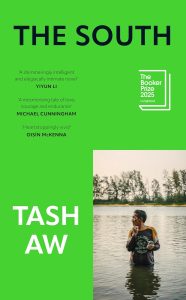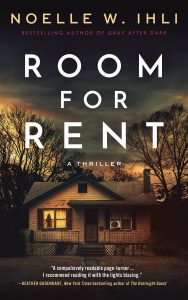
Stephen King’s Billy Summers takes aim at a familiar trope the “one last job” story and somehow makes it feel fresh, heartfelt, and morally complex. It’s a crime novel wrapped in literary reflection, exploring guilt, violence, and the redemptive power of storytelling itself.
Billy Summers is a hired killer who only accepts contracts on truly bad people. A decorated Iraq War sniper and expert at vanishing after each hit, Billy has decided it’s time to retire. But before he disappears for good, there’s one final mission waiting for him. What could possibly go wrong? As it turns out, everything.
The book opens with Billy embedded in a quiet suburban neighborhood under the guise of a novelist writing his first book. As he waits for his target, he actually begins to write about his own life. Through those pages, King gives us a second story within the first: the tragic childhood of a boy who learned violence too early and carried its echoes into adulthood.
What makes Billy Summers stand out isn’t the action it’s the humanity. King paints Billy as a classic antihero, but one who still manages to feel genuine and morally grounded. As the novel unfolds, his double life as a hitman and an aspiring writer becomes a brilliant metaphor for the masks we wear and the stories we tell to survive.
Readers will find themselves drawn to the emotional honesty of the narrative. The book slows in the early chapters as King builds Billy’s cover and the suburban world around him, but patience pays off. Once the plot turns, it takes unexpected and deeply emotional directions. There’s even a relationship that lingers long after the final page, filled with tenderness and tragedy in equal measure.
Critics have praised the book’s realism and heart. Emily May called Billy “a rugged antihero with a closet full of trauma,” noting that King breathes new life into an overused archetype. Regina highlighted how Billy Summers stands proudly as crime fiction “a non-horror jewel in King’s crown” and how it could easily sit beside works by Dennis Lehane or S.A. Cosby. And Ginger, reflecting on the book’s tone, noted how it shines as a tribute to war veterans and the silent struggles they face after coming home.
King’s writing is, as always, sharp and confident. The dialogue rings true, the pacing eventually grips, and the finale lands with surprising emotional weight. This isn’t a supernatural tale filled with ghosts and monsters, though a few Easter eggs nod to the King universe. The real horror here is human cruelty and the hope that even a man shaped by violence can find peace.
Be warned: the novel contains graphic violence, sexual assault, and political undertones that some readers might find uncomfortable. But beneath the grit lies a quiet beauty. Billy Summers is, at its core, a story about conscience, second chances, and the fragile possibility of redemption.
For longtime Constant Readers and newcomers alike, this is Stephen King at his most grounded and arguably, his most profound.
👉 Buy Billy Summers on Amazon: https://amzn.to/42WvCgg


